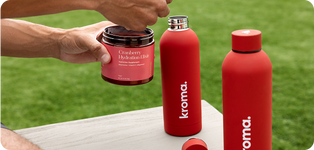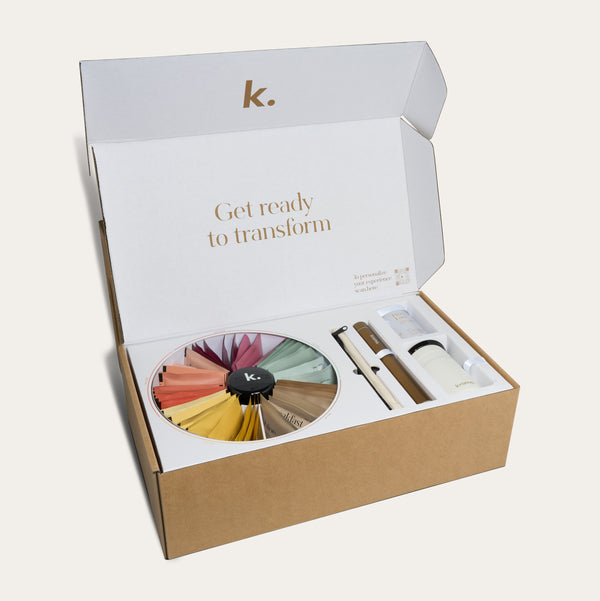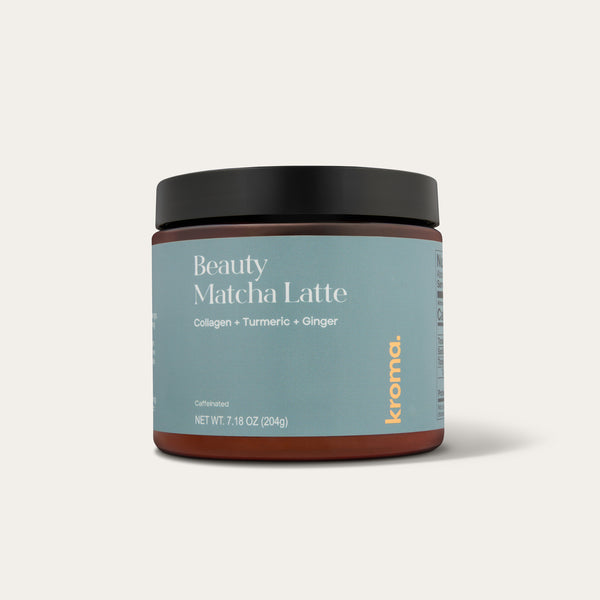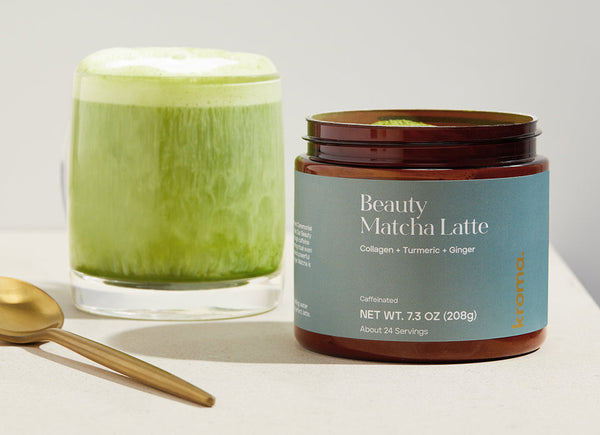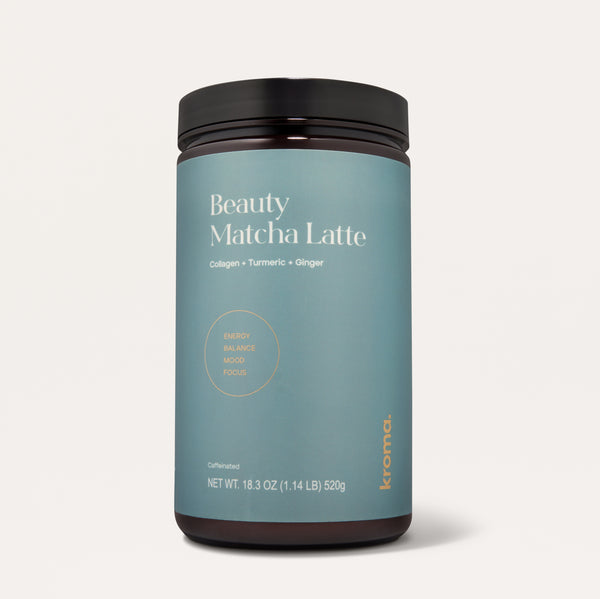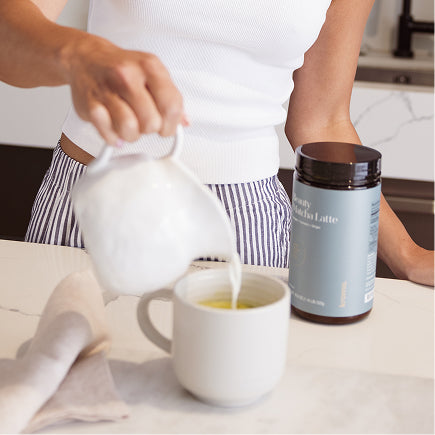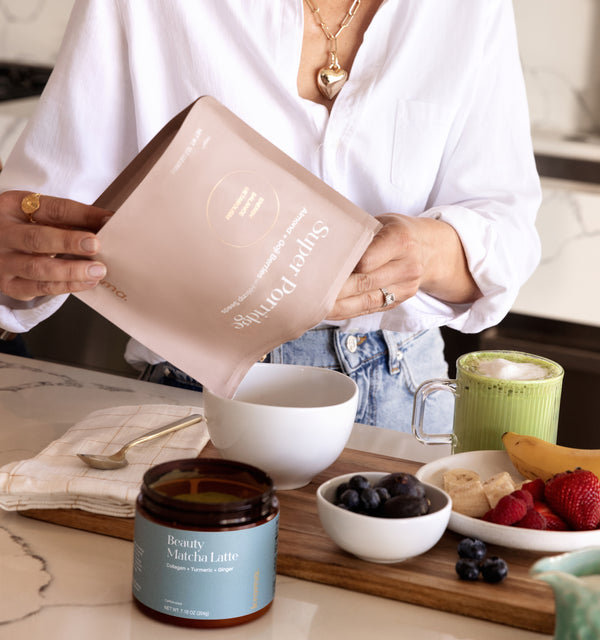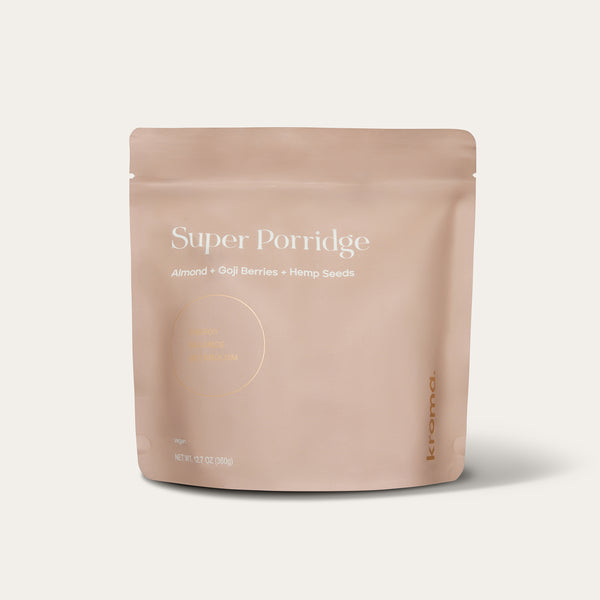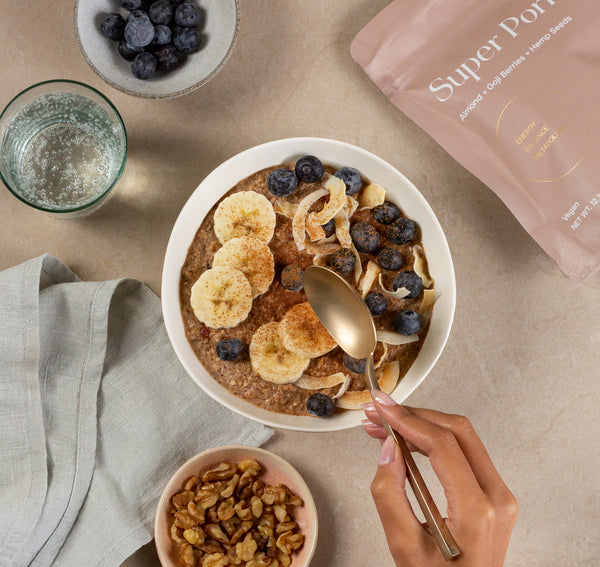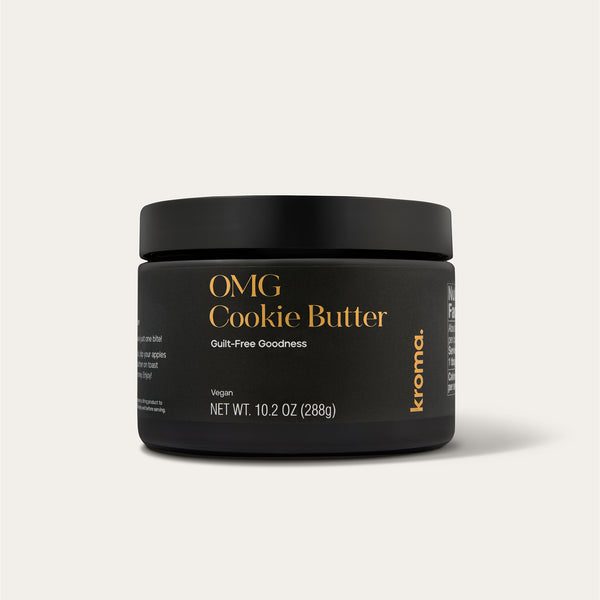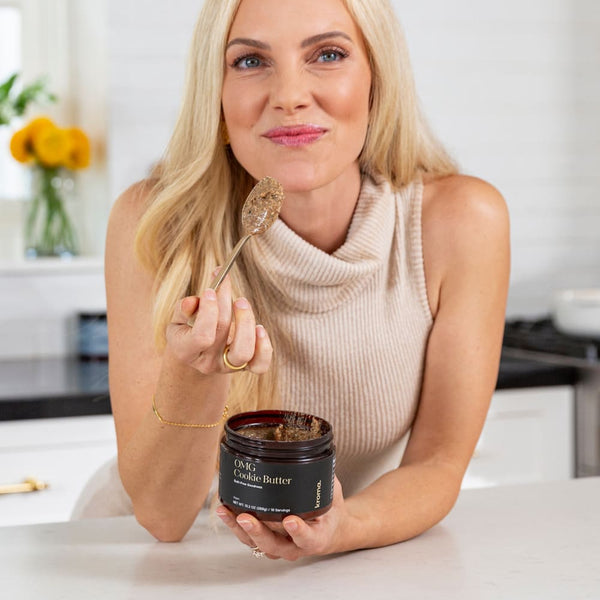Are you Team Coffee or Team Matcha? Do you wake up dreaming about that nutty, slightly bitter, acidic taste of your morning cup of coffee? Or, do you wake up longing for that earthy, full, savory smoothness of that beautiful, jade green matcha?
Sure, everyone has their go-to preference, but have you ever wondered if either coffee or matcha is better health-wise?
Matcha and coffee are quite different. For starters, one is a tea made from ground leaves, and one is made from ground beans. Matcha is made in a very specific region of the world, mostly Japan, China, and Taiwan, and coffee is made in many places around the world. Matcha comes from one plant, and coffee comes from four different types of beans. Matcha tends to be more expensive, especially when buying a higher quality product such as what’s referred to as “ceremonial” matcha.
While these are all surface-level differences, if you are anything like us, you are interested in the health benefits of each so that you can make a sound decision on which morning beverage will offer you the biggest boost to your health.
Keep reading to understand what each product offers and see if we can choose between Team Coffee or Team Matcha.
What Is Matcha?

Matcha is a specific type of green tea that is made from the tea plant camellia sinensis. The leaves that make matcha are very young and are grown in shaded conditions for three weeks to increase the nutrition in the leaves. Additionally, this growing process increases the chlorophyll in the leaves, which gives the powder its signature jade green color. Matcha can be made into tea by simply combining it with water and whisking it with a Chasen, a traditional bamboo matcha whisk. It can also be made into a latte or put into baked goods. Matcha is the highest quality of green tea and has the highest concentration of antioxidants and nutrients of any tea.
How Is Matcha Different Than Coffee?
While there are similarities between matcha and coffee, there are differences that cannot be ignored, even within the characteristics they share. While one might give you a quick, sometimes jittery energy boost, the other may give you a slower energy boost for a longer period of time. From their taste to their specific health benefits, let's understand how matcha differs from coffee.
Taste

Matcha has an earthy, smooth, sometimes nutty flavor. The flavor is a results of the L-theanine in it, an amino acid. While some matcha can be bitter, better quality matcha usually is not.
The taste of coffee is hard to pinpoint because there are so many varieties. Usually, coffee has an acidic-leaning, slightly bittersweet taste. Of course, once you start adding in milks and sweeteners, the taste will change.
Both are often enhanced to one's preference, but matcha’s mild flavor lends itself to drinking it without additives.
If you are going to enhance the flavors of either option, we recommend your favorite nut milk and a natural sweetener, like lucuma, for added health benefits. Cow’s milk has been shown to block some of the health benefits of coffee and tea. Sugar is known to cause inflammation, and it really has no benefit for your body in the first place, so you may be negating the power of both coffee and tea by adding sugar.
Kroma Wellness is about making all of this goodness easily accessible — let us take the hard part off your plate by offering up our perfectly blended matcha latte. Made with Ceremonial Grade Matcha paired with superfoods like turmeric, maca, and cordyceps, this delicious blend of powerful ingredients will be your favorite morning go-to to kick your wellness off to the right start.
Caffeine Content
Caffeine is a natural stimulant that can be very polarizing. For some, caffeine from coffee is a great way to get that boost of energy, for others, it can cause them to become anxious. Caffeine from matcha provides a gentler energizing effect that lasts all day.
Both coffee and matcha are relatively high in caffeine content and are great for that morning energy boost. Coffee has about 96 mg per eight-ounce cup of brewed coffee. Matcha is just slightly less at around 70 mg per eight-ounce cup.
L-Theanine
L-theanine is an amino acid found in tea leaves, with the highest concentration found in matcha. L-Theanine can support overall mood and can promote feelings of calm while increasing concentration and mental clarity. It has also been shown to support healthy blood pressure, which is always a plus!
Type of Energy Boost

While both matcha and coffee have caffeine and can provide an energy boost, the energy is felt in different ways. The L-theanine in matcha helps the caffeine be used more gradually and reduces the jitters and crashes notoriously associated with coffee. L-theanine also helps calm the mind, so it works well with caffeine to wake you up without making you feel anxious. Coffee does not have the added benefit of L-theanine, leaving caffeine to make you jittery and restless instead of refreshingly energized.
How Are Matcha and Coffee the Same?
There are some ways that matcha and coffee are similar. While they do have their similarities, they are not created equal. They may provide some of the same benefits, but one does a particularly better job than the other in the big picture.
Their Caffeine Can Aid with Weight Loss

Caffeine, in both matcha and coffee, has been shown to reduce body fat by up to 4%. This is thought to be because caffeine speeds up metabolism.
However, matcha takes weight loss a step further because of the presence of the antioxidants catechin and polyphenol. Matcha is the highest-quality green tea, and studies have shown that green tea extract contributes to significant weight loss and healthy metabolic function.
Green tea extract is found in a lot of weight loss supplements. While we are certainly judgment-free and body-positive, we believe that integrating functional superfood nutrition is the best way to consume the benefits of healthy food and beverages, and that often leads to a healthier body.
They Can Provide an Energy Boost
Both matcha and coffee have caffeine. Being a natural stimulant found in coffee, teas, and even the cacao plant, caffeine stimulates the brain and nervous system. It can also increase adrenaline and cortisol in your body, which in small doses, can help you focus.
While both matcha and coffee have caffeine, matcha releases the caffeine in your body at a smoother rate due to the presence of L-theanine. The energy boost you get from coffee, on the other hand, is a different story. Think of it like sipping on a glass of good wine versus taking a shot of vodka — matcha’s caffeine works gently to awaken you through your day while coffee’s caffeine jolts you awake for just a couple of hours.
They’re Packed With Antioxidants

Antioxidants are fighters of free radicals, and we love fighters of free radicals.
Free radicals are molecules that are unstable because of a missing electron; they’re harmful because they try to steal electrons from healthy molecules in an attempt to balance themselves, but stealing can then cause healthy molecules to become unstable in a truly vicious cycle. Free radicals are the by-product of natural functions in our body like energy production, and they are usually kept in check by natural antioxidants that our bodies also produce. Antioxidants give up one of their own electrons to stabilize free radicals, and they don't turn into free radicals themselves.
However, when too many free radicals are in the body it can cause oxidative stress, which can lead to health issues.
Matcha has antioxidants called catechins. The most powerful catechin in matcha is epigallocatechin gallate (ECG), which is known to help maintain overall health thanks to its free radical-fighting abilities.
Coffee is also high in antioxidants, but many of the antioxidants are lost in the roasting process.
They Can Support Heart Health
Scientists are still studying the effects of coffee on heart health. Recently, it has been found that coffee can support heart health. However, there was only a noticeable change in caffeinated coffee, not decaffeinated, suggesting that the caffeine was possibly providing the benefits.
Matcha, on the other hand, has those powerful antioxidants we talked about, which are extra beneficial to the heart — catechins in matcha are specifically beneficial for vascular inflammation and overall heart health.
They Can Support Liver Health
Your liver is important for many reasons, the biggest being it essentially cleans your blood.
Regular matcha has been shown to support a healthy liver in conjunction with exercise.
Coffee has been known to help the liver as well, but to get this beneficial liver support, you need to drink five to six cups of coffee a day, which can cause a caffeine overload that results in jitters and a hard crash.
They Can Boost Your Mood

Sometimes we all need a little mood boost.
Matcha’s L-theanine is a great mood booster because it supports healthy dopamine and serotonin production, which are both mood-boosting hormones.
Coffee can also boost your mood, but when drinking too much, it can have the opposite effect and make you feel anxious, so pay attention to your body and how much coffee you can handle. Additionally, the crashes notorious with coffee mean irritability.
What Are Other Health Benefits of Matcha?
While matcha and coffee have a lot of similarities, there are three particular benefits of matcha that coffee just doesn't have.
Can Support Healthy Sleep

While matcha does have caffeine, it has less caffeine than coffee. In fact, thanks to its powerhouse amino acid, L-theanine, it almost acts as a different type of caffeine altogether. It works to gently provide energy and focus throughout the day instead of spiking you with jolts of energy like coffee does.
L-theanine can relax the mind and lower cortisol in the body, allowing you to get more restful sleep.
If you are very sensitive to caffeine, you may want to see if matcha gives you the caffeine boost you need without the caffeine disruption you’d rather avoid. There are also decaffeinated matcha powders that you can try, which will give you the calming effects of L-theanine without the stimulating effects of caffeine.
Can Support Bone Health
There is research being done on the relationship between matcha and bone health. While the why behind the findings is not certain, it is suspected that the antioxidant and anti-inflammatory properties of matcha work to support your bones.
Can Help Maintain Healthy Blood Sugar Levels
Matcha has been shown to support healthy metabolic function. This may correspond with the effects of matcha mentioned earlier, such as maintaining a healthy weight.
While coffee can help maintain healthy blood sugar levels to a degree, there is not enough research to prove this point, especially considering that people rarely drink black coffee and usually pack it with sugary creamers and syrups.
Is Matcha or Coffee Better for You?

While both matcha and coffee have health benefits, research puts Kroma Wellness as Team Matcha.
With the antioxidant and anti-inflammatory properties of catechins, and the brain and overall wellness support of L-theanine, matcha wins this battle — not to mention how matcha is far less acidic than coffee, which is a bonus in our books.
We certainly love our Americanos or a good cold brew, but these drinks rarely have health in mind.
When we have our morning matcha latte, we know we are starting our day in line with our health.
The Bottom Line

After a deep dive into the benefits of these two popular drinks, we can see the benefits of both from their heart and liver support to their mood and energy boosts, but one is a clear winner over the other. When you finish listing their joint benefits, the matcha list keeps going.
We find the benefits of matcha outweigh the benefits of coffee, so you'll see us reaching for that beautiful, jade green cup of matcha.
At Kroma Wellness, we love bringing holistic health and wellness to you in easy ways. Our morning adaptogen matcha infused with collagen, turmeric, mushrooms, maca, goji and other superfoods, is part of our 5-Day Reset program, and we hope that after you get a taste of what truly nourishing foods can do for you, you’ll see why we opt for this matcha almost every morning!
Coffee may help reduce risk for heart failure | American Heart Association
Green Tea Catechins and Cardiovascular Health: An Update (nih.gov)
Is Coffee Good for Your Liver? | Health Essentials from Cleveland Clinic
Green Tea and Bone metabolism | nih.gov
The Effects of Green Tea on Obesity and Type 2 Diabetes | nih.gov

